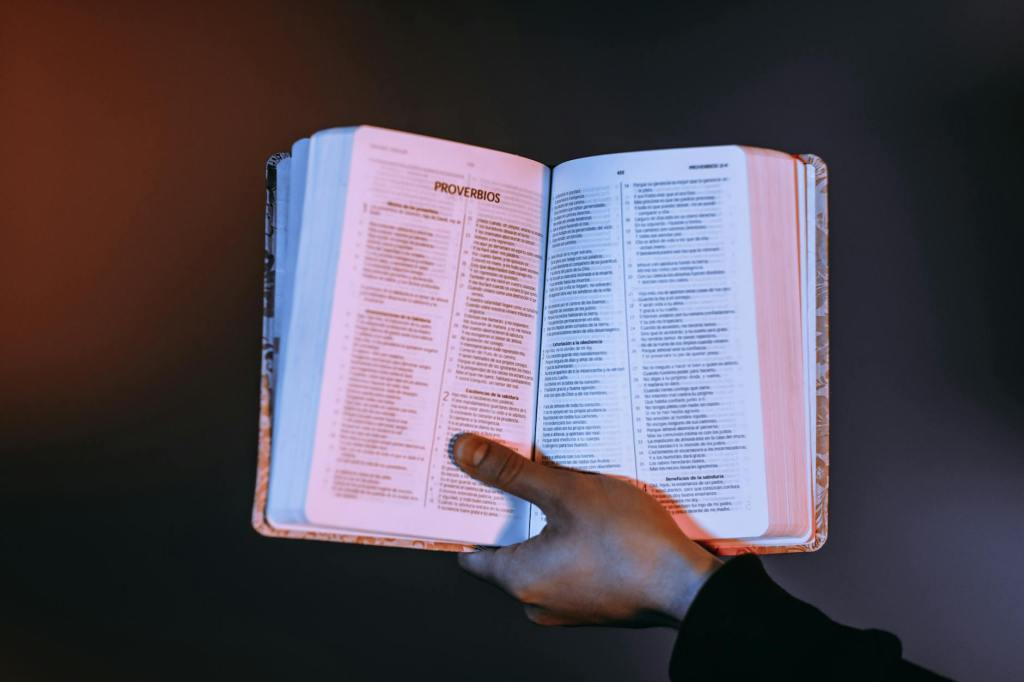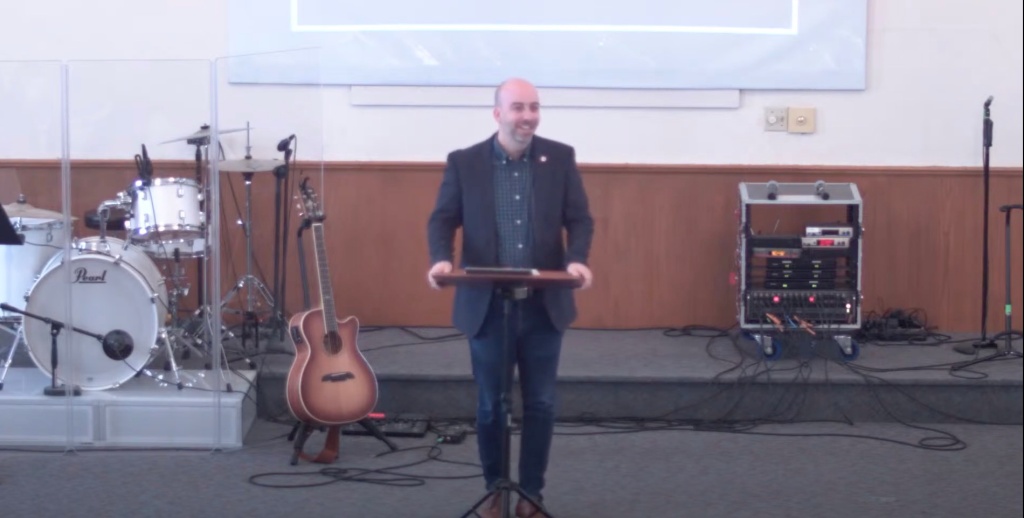Remember the show Myth Busters?
I want to give you a myth and in this session, we are going to bust it wide open.
Myth: “It is someone else’s responsibility to disciple my child.”
So, just like in the show, we need to prove that this is false.
Let’s look at our foundational texts again. Deuteronomy 6:4–9, Ephesians 6:4, and Matthew 28:18–20.
Deuteronomy 6:4 says, “Listen Israel, the Lord our God, the Lord is one. Love the Lord your God with all your heart, and with all your soul, and with all your strength. These words that I am giving you today are to be in your heart. Repeat them to your children. Talk about them when you sit in your house and when you walk along the road, when you lie down and when you get up. Bind them as a sign on your hand and let them be a symbol on your forehead. Write them on the doorposts of your house and on your city gates.”
Ephesians 6:4, says: “Fathers, do not stir up anger in your children, but bring them up in the training and instruction of the Lord.”
Matthew 28:18–20 says: “And Jesus came and said to them, All authority in heaven and on earth has been given to me. Go therefore and make disciples of all nations, baptizing them in the name of the Father and of the Son and of the Holy Spirit, teaching them to observe all that commanded you. And behold, I am with you always, even to the end of the age.”
What do you see from each of these three passages?
We find that in each, someone is being instructed to do something.
First, we must determine who is the someone?
In the Deuteronomy 6 passage, we find that the author is telling the parents, specifically the father of the children, in ancient times, to repeat words to his children. So, we see the parent as the someone.
In the Ephesians 6 passage, we find Paul addresses fathers as the audience of his writing.
In Matthew 28, we find Jesus instructing his disciples and all of us.
So we see parents or those who have been discipled are the primary audiences of the writers.
Next, we need to determine what these parents or discipled people are supposed to do.
In Deuteronomy 6, parents are to repeat words to their children. What words? “Love the Lord your God with all your heart, with all your soul, and with all your strength.” Then the author continues to show parents what they are to do with these words:
- Talk about them with your children at home and in public.
- Let them be s model that you show your children and live by in both public and private life.
- Declare them over your home, city, and community.
In Ephesians 6, fathers are to instruct their children in the ways of the Lord. Paul describes the conversation between fathers and their children and emphatically encourages dads not to bring anger toward their children, but to teach them the instruction of the Lord.
In the Matthew 28 passage, we find that the disciples are to go:
- Go into the world
- Make disciples of all the nations
- Baptize
- Teach
*They do all of this with the promise from Jesus that he would be with them always.
So, from these three passages of scripture, who is responsible for the spiritual wellbeing of a child?
The answer: Their parents/guardians. Our key takeaway from our time together: As a parent, it is my responsibility to lead my family and my children in their spiritual journey with God. I must take ownership of the process.
Ownership is vital to the success of your child’s spiritual journey. If we don’t place a priority on their spiritual wellbeing, then it will never happen. As followers of Jesus, we know that the bible is very clear on those who don’t know the Lord as Savior—they will spend an eternity away from Him, in everlasting torment. Now, we do not want that for our children or for any child, or really for any person.
If we truly want what is best for our children and to see them thrive, then we will make it a priority to raise them in the ways of the Lord. We will not be consumed and find it celebratory “just to take them to a church.” We will be willing to change the scorecard and hold the mantle up.
Will this task be easy?
As a parent, you know there is nothing easy about children. While they seem sweet and innocent as babies, we soon realize that this is not so true. And better yet, we soon realize that our children begin to emulate what we do and say. A very humbling experience for all of us.
This task of raising your children in the ways of the Lord will not be easy. It will be challenging. It will be frustrating at times. But, we must not shrink back from the responsibility that has been given to us. We face it just as we face other challenges in our lives. What we end up doing today will impact tomorrow for our children. What we teach them and model to them, they will end up doing the same for their children. Taking ownership of my child’s spiritual walk with the Lord will impact the generations to come, and ultimately impact the fulfillment of the Great Commission.
Parents, it’s our responsibility to proclaim the gospel to our children and disciple them into mature followers of Jesus Christ.
I invite you to respond to these two questions:
- What specific actions will you take to begin this journey?
- Will your children notice a change in your actions both toward them and your family?





Leave a comment